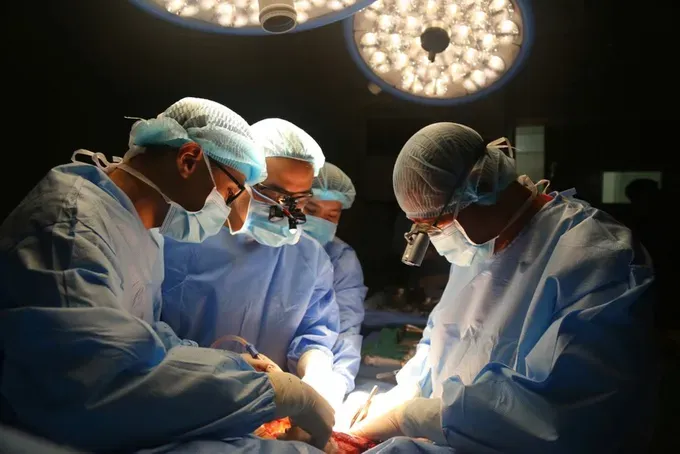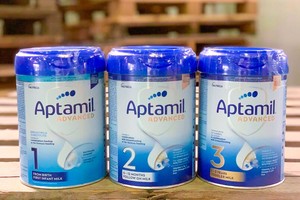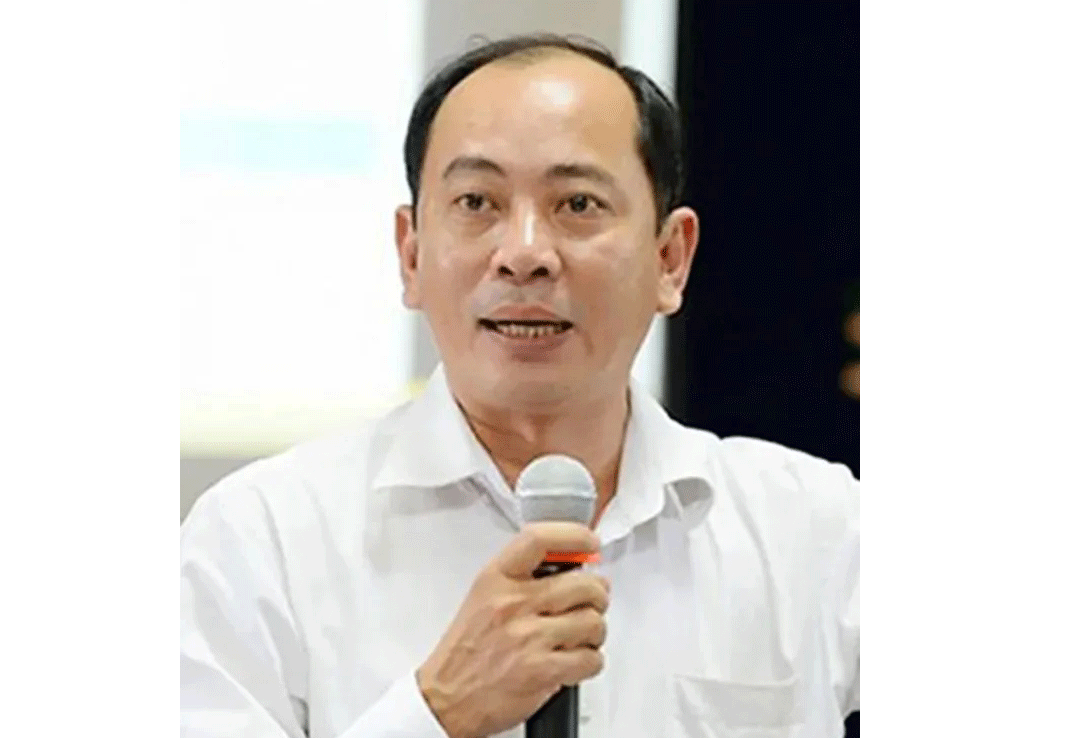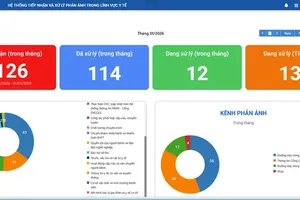
This was heard at the 2025 International Scientific Conference titled “The Role of Surgery and Organ Transplantation in the Era of Global Integration” hosted by Viet Duc Hospital in Hanoi today.
The event gathered more than 500 delegates, including leading experts, doctors, and researchers from Vietnam and abroad.
Dr. Duong Duc Hung, Director of Viet Duc Hospital, noted that organ transplantation is among the most complex medical procedures, requiring seamless collaboration across multiple high-level specialties from resuscitation, anesthesia, and surgery to pharmacology and post-transplant care.
In the past, Vietnam’s transplantation capability was only comparable to that of developing nations. However, many transplant techniques in Vietnam have now reached the standards of developed countries.
According to the Ministry of Health, the nation has so far successfully performed transplants of six types of human organs, with over 9,800 cases in total including 8,904 kidney transplants, 754 liver transplants, 126 heart transplants, 13 lung transplants, and hundreds of tissue transplants including corneas, skin, and stem cells.
Transplants are no longer limited to major hospitals such as Viet Duc, Military Hospital 108, Hospital 103, Cho Ray, and Hue Central Hospital. Many hospitals in provinces and even facilities in remote areas are now capable of performing organ transplants.
However, the system still faces serious institutional challenges. The Law on Donation, Removal, and Transplantation of Human Tissues and Organs, enacted in 2007, has become outdated, with several provisions hindering development. One key barrier is the requirement for family consent even when a person has voluntarily registered as an organ donor during their lifetime. This regulation often results in valuable organs being buried instead of saving lives.
Dr. Hung suggested that Vietnam should adopt the approach used by advanced countries, where an individual’s prior registration as an organ donor is recognized as final and does not require family approval.
























